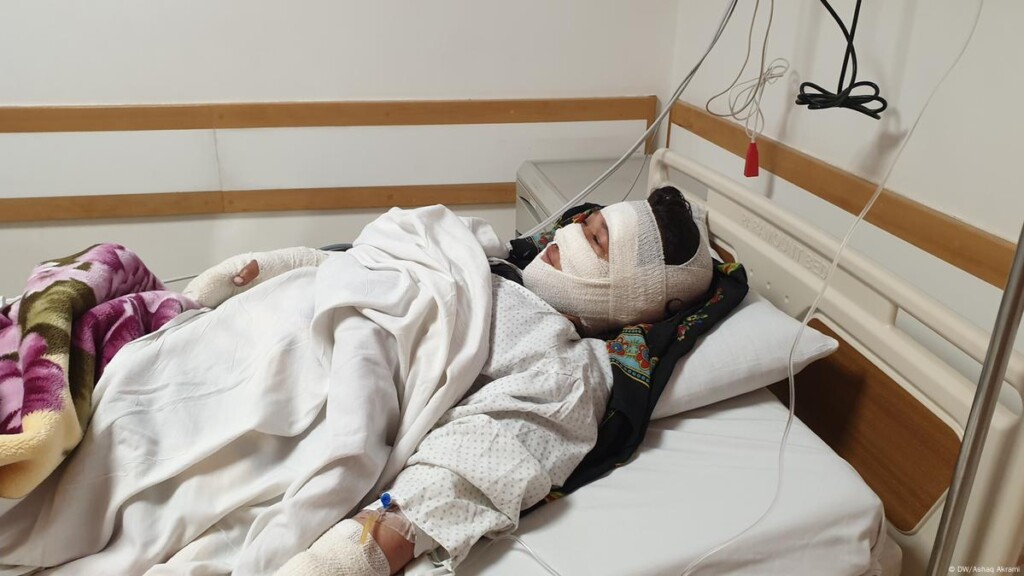Statistics gathered by Afghanistan Ayenda reveal that at least 79 cases of domestic homicide have been reported in various provinces of Afghanistan over the past five months. These killings—ranging from husbands murdering their wives to sons killing their mothers—paint a grim picture of the country’s growing social and psychological crisis. Concerned citizens say that such violence periodically shatters the peace of families. Psychologists point to unemployment, economic hardship, mental health issues, and drug addiction as root causes. They recommend launching awareness programs, free psychological counseling, and nationwide institutions to support women and children’s rights as urgent preventative measures.
From the start of this year until the end of May, 79 domestic killings were reported in at least 16 provinces, including Paktia, Herat, Badghis, Kabul, Baghlan, Badakhshan, Uruzgan, Helmand, Kandahar, Nangarhar, Khost, Nimroz, Faryab, Ghor, Ghazni, and Takhar. In many of these incidents, the perpetrator was a member of the victim’s own family. These are only the cases that reached the media; the actual number of domestic killings is likely higher due to the traditional nature of Afghan society, where such matters often go unreported.
The nature and motivations of these murders vary. In some cases, men killed their wives over suspicions of infidelity or family disputes. In others, property disputes and long-standing family feuds led to fratricide. Some murders were attributed to mental health issues, economic desperation, or drug addiction. In several cases, the killings were mysterious and involved multiple family members being murdered in their homes, with the perpetrators still unidentified.
One of the most horrifying incidents involved the murder of 10 members of a single family in Ali Sher district of Khost province. Local sources reported that this event occurred in the village of Abukhani, and the victims included women, men, and children. Eyewitnesses say unknown gunmen carried out the massacre and fled the scene, with no suspects identified to date. The tragedy shocked not only residents of Khost but citizens across the country.

Afghan citizens are voicing serious concerns over the rise in domestic violence. Abdul Hamid, a resident of Kabul’s District 11 and father of two, says he no longer feels safe even at home. “Every day I hear about violence, murder, or conflict—directly or indirectly. When trust within a family breaks down, nothing remains. If a brother kills his brother, or a husband kills his wife, how can we feel safe? Can we still say our society is at peace?” he asks.
He continues with his worries: “At night, I think—what if one day my son loses his mind and kills his wife or sister? We’re raising a generation that has seen nothing but violence at home. That’s more terrifying than anything else imaginable.”
Psychologists highlight the underlying causes and motives of domestic killings and warn that without addressing economic and psychological pressures and raising public awareness, the violence will persist. Nargis Nuri, a psychologist in Kabul, told Afghanistan Ayenda that in a country where family support structures have collapsed, where men are unemployed, women have no shelters, and children have no future, such crimes should not come as a surprise. “Economic pressure, unemployment, hopelessness, lack of mental health services, addiction, and in some cases misguided religious or tribal beliefs all contribute to making domestic violence a nationwide crisis,” she said.
Nuri stresses that without counseling centers, social work services, and widespread public education, people have no tools to manage anger, stress, or family conflict.

According to mental health experts, Afghanistan urgently needs awareness campaigns, free psychological counseling, conflict resolution training, support centers for women and children, and a strong, fair judicial system rooted in the people’s needs.
In Afghanistan’s traditional society, family issues are often resolved within the home. Male-perpetrated violence is frequently ignored, and a culture of silence, fear of dishonor, lack of support organizations, and tribal prejudices have enabled domestic violence to persist for decades, sometimes culminating in murder.
Following the fall of the Republic, Afghanistan’s judicial and legal institutions have either collapsed or lost legitimacy. Especially in domestic violence cases, families are often unwilling to approach Taliban-run courts, believing their traditional procedures and arbitrary punishments cannot deliver justice or fairness.
Ultimately, domestic killings in Afghanistan have reached a dangerous level—threatening not just family safety but the psychological well-being and human identity of society. Citizens warn that unless a legitimate government is established and civil institutions and the international community step in to address this crisis, the next generation of Afghans will grow up in an environment filled with fear, hatred, and distrust.




